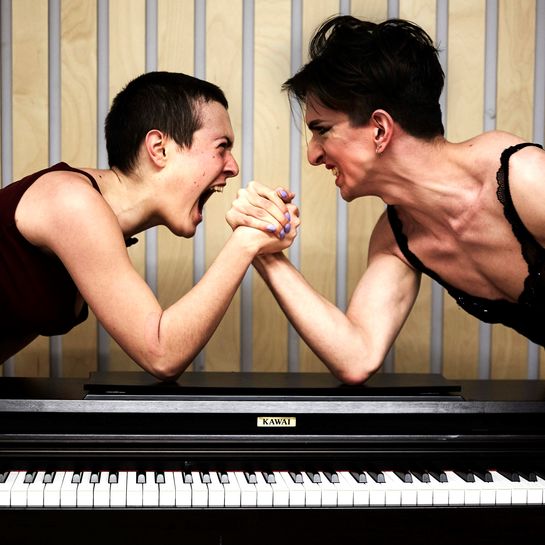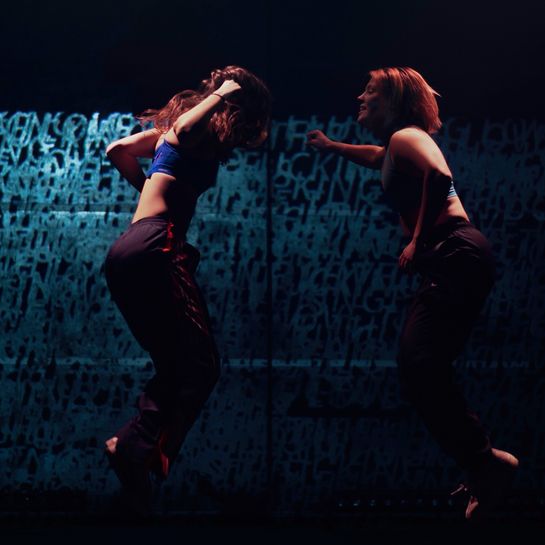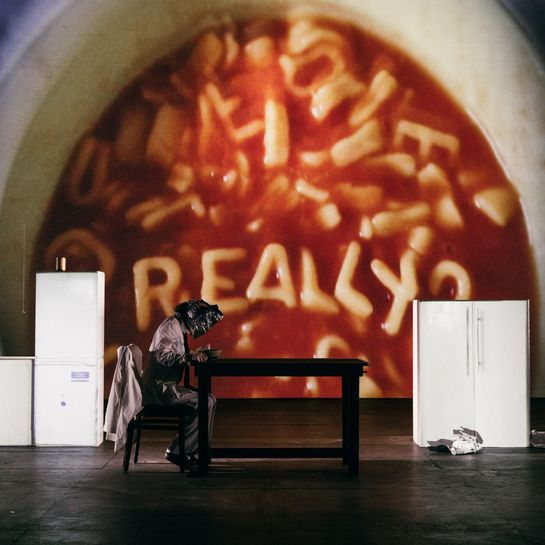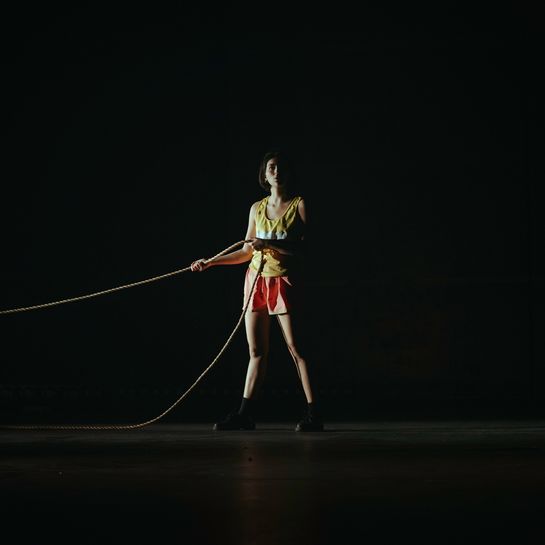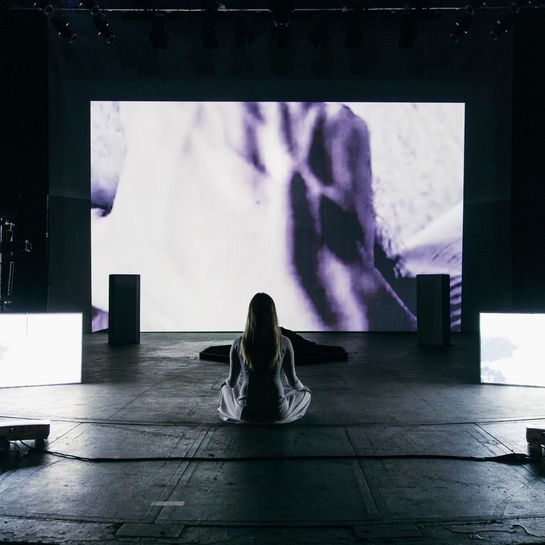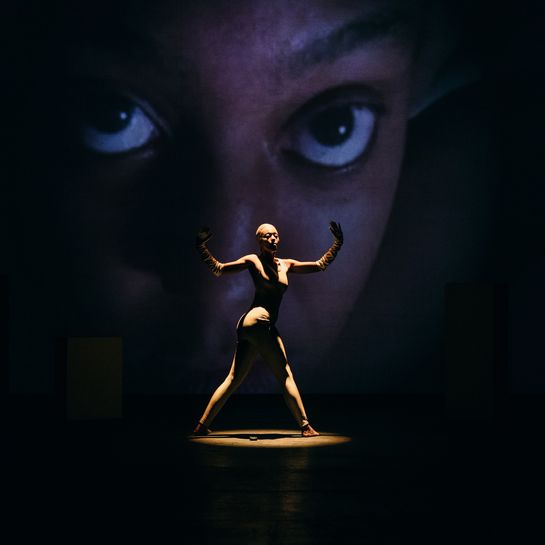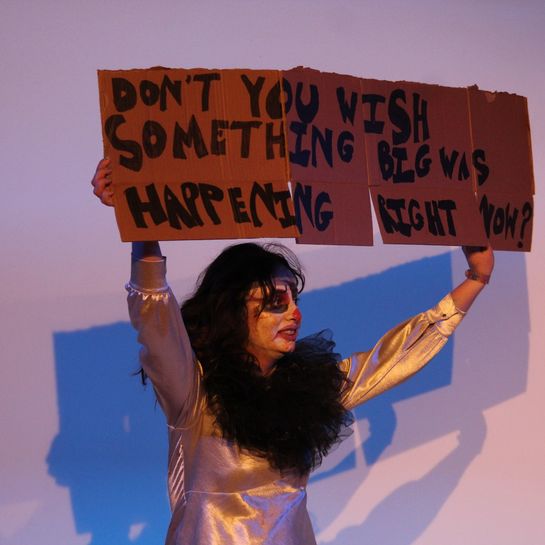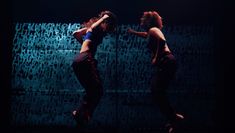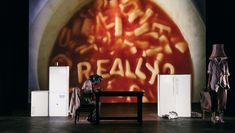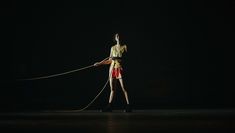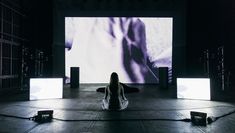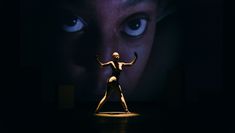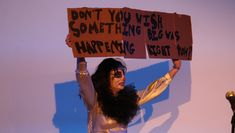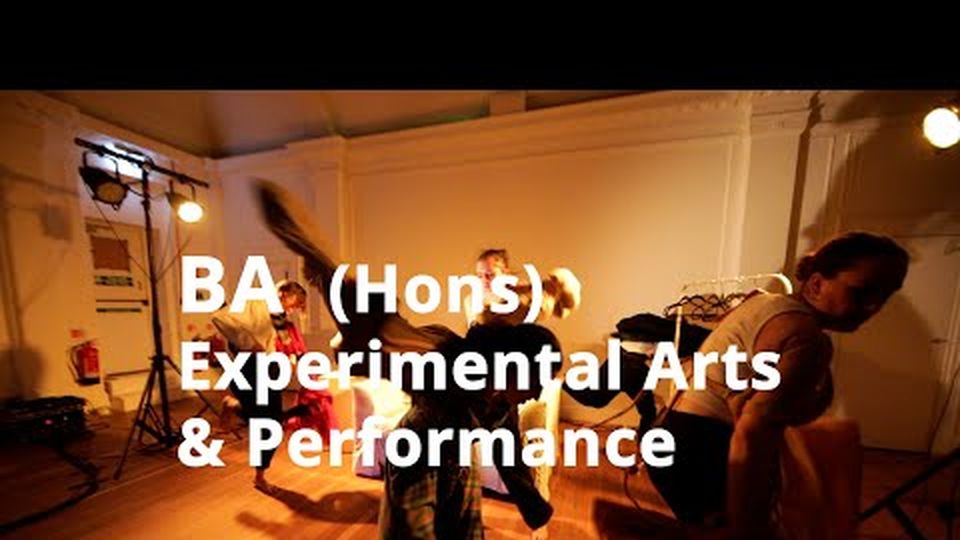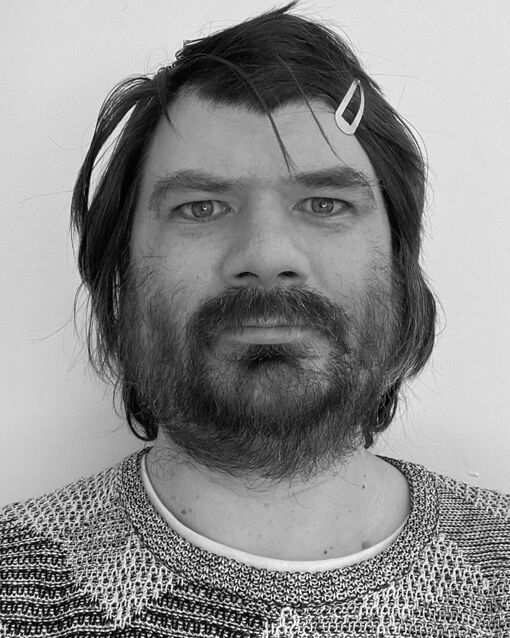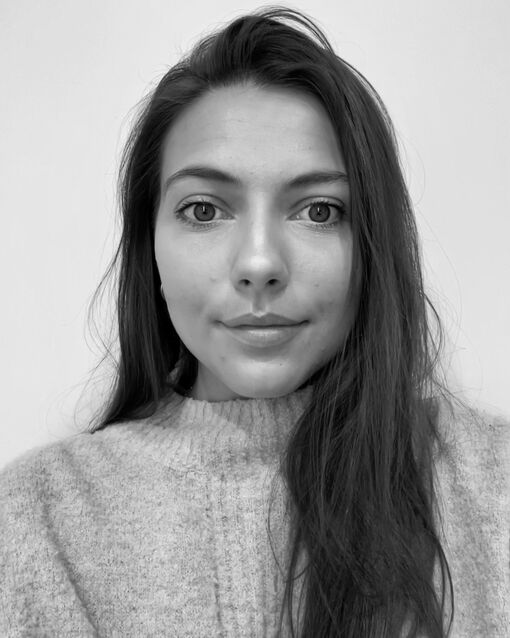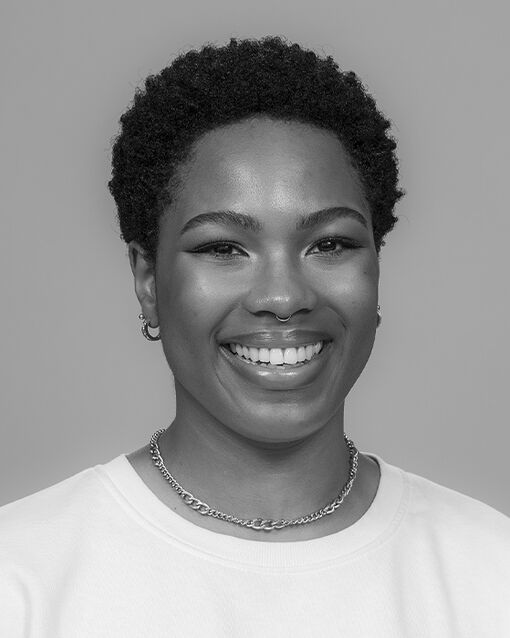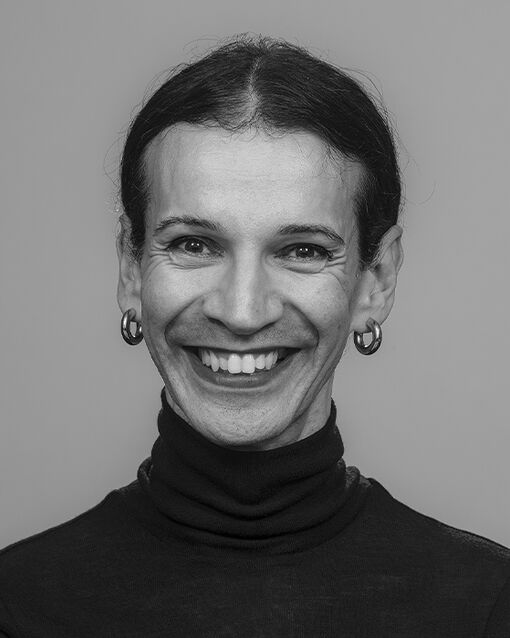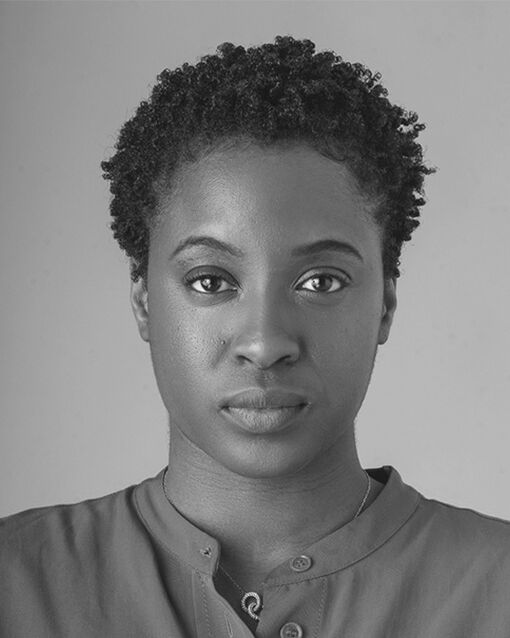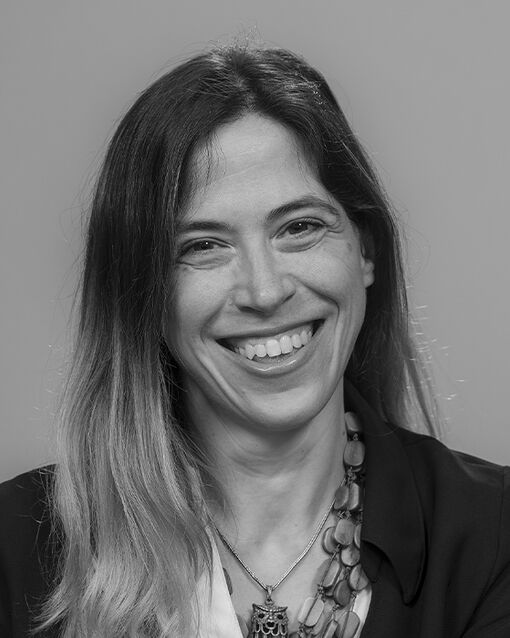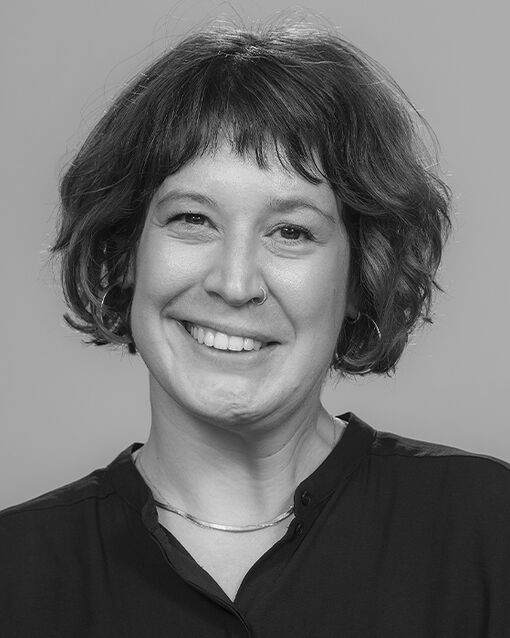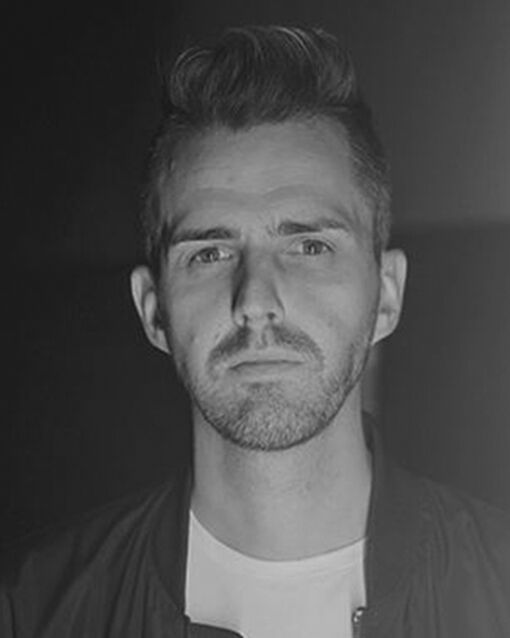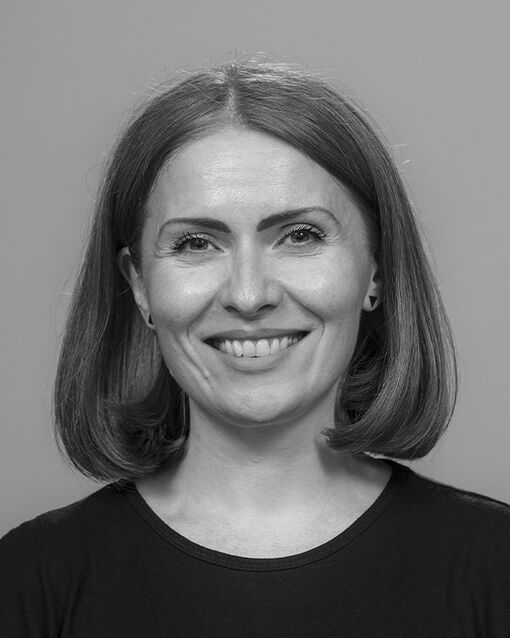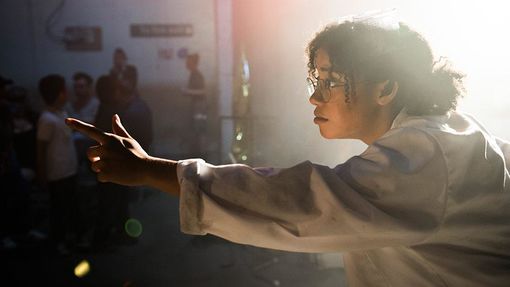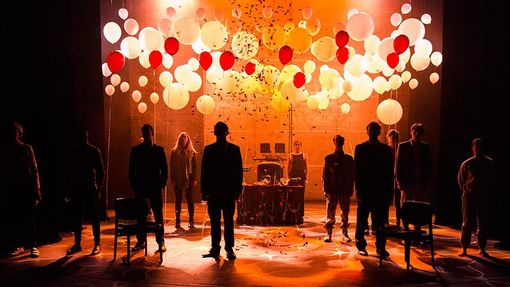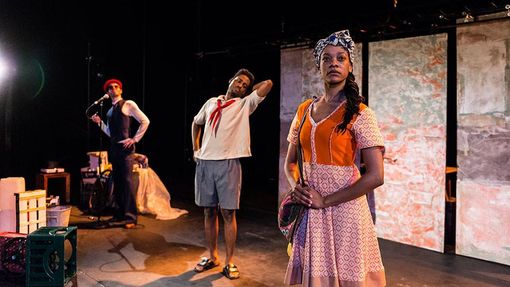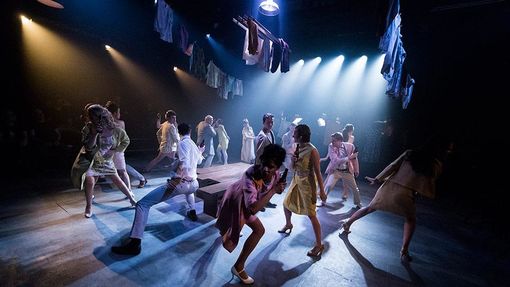Course information
UCAS code
Buttons
About this course
Experimental Arts and Performance is a course for exploring and creating new forms of performance and spaces for culture.
As a student on the Experimental Arts and Performance course, you will:
- Explore a wide range of experimental performance from across art forms and cultures
- Develop performance-making and critical skills to investigate, theorise and create new theatre and performance
- Use performance to critically reflect on the world
- Gain knowledge and skills to change how culture is made, and who gets access to culture
- Acquire producing and cultural leadership skills that foster social change and sustainability
- Undertake projects with national and international arts organisations and leading artists
- Become part of an international community of artists, producers, cultural leaders, facilitators and activists, through workshops with guest artists, talks, professional collaborations and our growing alumnae network
Experimental Arts and Performance is for everyone who wants to shape the future of performance.
This course is for creative people interested in making, developing and supporting innovative contemporary performance in areas as diverse as:
- Body-based performance
- Political and activist performance
- Creative writing
- Film and digital art
- Movement practices
- Producing experimental performance
- Curating performance
- Performance research
- Live art
- Immersive Performance
- Installation and Spatial Practices
- Ensemble and Collaborative Devising
The programme enables students to critically and creatively pursue their individual or collaborative artistic practices and interests. You will engage with a range of inter-disciplinary, and international theatre and performance practices.
Making, supporting and growing your creative practice
The course is tailored towards the development of your artistic identity through practical experimentation and critical analysis. You will undertake different performance making processes that will challenge and develop your ways of working and thinking about performance and culture more broadly.
Through fieldwork, debates, creative experiments and critical writing and discussion, you will engage with theories from philosophy, critical race studies, queer, feminist and postcolonial theory, and methods such as action research and autoethnography. Along with your peers, you will form a shared vocabulary from which you will build artistic practices and engage with questions of representation and equality. Together, you will reflect on audiences and communities of experimental performance, and how we might use performance to connect across borders (geographic, personal or political).
Laboratory and experiential learning
Students on the course are active in their learning. You will develop critical, creative and producing skills in order to challenge what performance can be and how it might connect ideas, practices and communities. Throughout the course you will regularly share work, collaborate with others, test and combine ideas, and learn to imagine and make ideas possible.
You will work by doing, thinking and reflecting, and create mixed media performances, devised group and solo projects, and through facilitating studio work and workshops. You will lead your own practice, to create new forms of experimental work.
You will work alongside leading artists and thinkers in performance throughout your degree, as well as through collaborations with other venues, organisations and cultural networks. You will also learn from your peers, who bring a diversity of experiences, communities and skills to your collective journey. You will use your body to make performance, encounter unexpected connections and grow your own artistic work throughout the programme.
Cultural leadership
As part of your growth and development, you will engage with curating, programming and producing performance, as ways of holding, supporting and connecting different practices, audiences, resources and communities. You will explore how to centre equality, inclusion and sustainability through your work, and focus on building the cultural sector you want to see and be part of. You will develop skills in project management and communication, engage with cultural strategy and policy, as well as develop administrative skills, financial competencies and an understanding of cultural infrastructures for performance.
Second-year Entry
You can apply for second-year entry to this course if you have already undertaken first year study at another institution on a relevant course, taken a HND and HNC qualification or have relevant experience. Please contact admissions@cssd.ac.uk to find out more information.
Course Video
Accordion
-
Course Detail
In the first two years, the programme focuses on development of your practice across three key areas: text/theory, body/ movement and materials/technology. The final year focuses on a specialised area of practice developed through research, professional mentorship and independent projects.
Year 1: Exploring your creative practice
Your first year will explore a wide range of different vocabularies of experimental performance.
You will:
- Acquire skills in dramaturgy, writing for and about performance, composition and performance-making
- Produce short performance across collaborative projects, involving installation, writing and immersive performance
- Creatively reflect on performance by making zines, podcasts and other creative works
- Explore documentation and archiving as creative practices, engaging with memory, bodies, colonialism and borders
Units: Performance as Event; Performance Skills; Performance Histories; Text as Performance; Immersive Project.
Year 2: Growing your creative practice
In this second year, you will grow your experience of performance at the intersection with other disciplines, explore materials in performance, and collectively curate and produce a festival.
You will:
- Develop skills in performance research by undertaking your own projects and connecting your work to the professional sector
- Make performance work with different materials and environments
- Explore practices of curating and programming performance in different contexts, as well as examining ethical and political considerations
- Learn skills and think critically about hosting, presenting, framing and facilitating contemporary performance work
Units: Performance Matters; Performing Materials; Contemporary Practices; Contemporary Studies; Writing for Solo Performance; Curating Performance; Festival Project.
Year 3: Refining your practice
In your final year, you will explore different models of working, engage with questions of representation in and through performance, examine cultural infrastructures and consider the future of your practice.
You will:
- Write a dissertation on a topic you choose
- Work on a professional project that will culminate in a public showcase
- Grow your skills in cultural leadership, including resource management, project management, funding, modes of work, and connecting with policy and cultural strategy
- Regularly share work in progress with visiting artists
- Connect with graduates working in the industry
Units: Cultural Politics of Performance; Professional Practice; Dissertation; Future Practice.
-
Industry Placements
You will be involved in collaborative projects with national and international arts organisations and practitioners.
In previous years these have included Manuel Vason, Jade Montserrat and Tara Fatehi Irani.
The course has also worked with the Roundhouse, Camden People’s Theatre, Battersea Arts Centre, ] performance s p a c e [, Goat and Monkey, Punchdrunk, Access All Areas, the Live Art Development Agency and the Victoria and Albert Museum.
Students have taken their work (while studying) to Los Angeles, New York, Prague, Montenegro, Slovakia, Denmark, Estonia, Brazil, Russia, Singapore, Scotland and Lithuania.
Several students have secured scholarships and grants to develop their work, for example from the Fulbright Commission, Arts Council England, and the British Council, and placements with Seabright Productions, BBC, Robert Wilson, Manchester International Festival, Artsadmin Centre For Creative Collaboration, Victoria and Albert Museum and the Soho Theatre.
-
Recent Visiting Professionals
Guest artists, producers, directors and activists regularly work with our students across all year groups. Below a list of recent collaborators:
- Alexandrina Hemsley
- Janine Harrington
- Hester Chillingworth
- Annie Jael Kwan
- performing borders (Alessandra Cianetti, Xavier de Sousa, Anahi Saravia Herrera)
- Jemima Yong
- Simon Vincenzi
- Emma Frankland
- Dr Cecilia Wee
- Sin Wai Kin
- Nic Chalmers
- Season Butler
- Ania Bas
- Orlan
- Tim Crouch
- Rajni Shah
- Dr Johanna Linsley
- Sally Rose
- Lakeisha Lynch Stevens
- Juschka Weigel
-
Graduate Employment
Our graduates work across arts and culture sectors, as artists, policy makers, producers and in leadership capacities. Some of our graduates also work across sectors in film and television, design, heritage as well as fields as diverse as international relations, for social justice organisations and in policy-making.
Artist, Arcola Theatre, Battersea Arts Centre, Royal Court Theatre, Bush Theatre, Warwick Arts Centre, Brighton Fringe, Edinburgh Festival Fringe, Fierce Festival, Budva Theatre Festival Montenegro, Glastonbury Festival, National Theatre Studios, The Shed (National Theatre), The Place, Camden Peoples Theatre.
Company-in-Residence, Artsdepot, Shunt Vaults, New Diorama Theatre, Bush Theatre, Marlborough Productions, HAU (Berlin), Dixon Place (New York).
Director, Edinburgh Festival Fringe, New York International Fringe Festival, Finborough Theatre, National Theatre Connections.
Producer, CircusFest, Queer Performance Network, Roundhouse, Singapore World Expo, Fierce Festival,
Presenter, BBC Radio 1Xtra, Sky Arts.
Projection Specialist, Mesmer.
Stage Manager, Secret Cinema.
Recent further study. Master’s degrees include: University of Cambridge, University of Oxford, California Institute of the Arts. Doctoral degrees (PhD) include: Queen Mary, University of London, Royal Holloway, University of London and Goldsmiths College, University of London.
-
Notable Alumni
Jemima Yong (2011) is a performance maker and photographer, and collaboration and experimentation is central to her work. Recent performances include a work in progress of Something In Your Voice with Emergency Chorus and Marathon with JAMS: Alan Fielden, Malachy Orozco and Sophie Grodin. Marathon received the Oxford Samuel Beckett Theatre Trust Award 2018 and was presented by Barbican Centre in September 2018. Jemima performs ROOM, an intimate storytelling experience that only exists in the imagination and in 2016 led on the project All About My Mother, a performance about grief, history and becoming your parents. Previously, she’s been executive producer at National Art Service. In 2012, she was festival coordinator at MTN BUSHFIRE: Swaziland’s International Festival of the Arts (Swaziland, Southern Africa).
Chae-eun Park (2015) is a freelance cultural manager and curator, and has co-founded Ludic Collective, an international network of artists who work together in interdisciplinary theatre and art practices in Korea, Romania, UK and Holland. Based in Seoul, she has worked in international relations for arts organisations in Korea as well as site-specific theatre productions in the UK.
-
Entry Requirements and Admissions
Entry to the Performance Arts strand is subject to an interview and participation in a selection day. All candidates invited to interview are asked to bring a portfolio of their work.
Minimum Entry Requirements
Our standard academic entry requirements range between 120 and 96 UCAS tariff points. As part of meeting these tariff points, we consider a range of qualifications including A Levels, BTECs, T Levels and many more. You can see how many tariff points your qualifications would gain on the UCAS Tariff Calculator. International qualifications and others not covered within the UCAS tariff can also be accepted. Please email us if you need further clarification.
Please note that we may make lower offers (including unconditional) to exceptional candidates and those who have alternative or prior experience to offer. All candidates are invited to interview, which is a key factor in determining who is accepted on to the course.
Admission with Academic Credit
For information on alternative entry requirements please see www.ucas.com.
Application Details
See How to Apply section for Undergraduate courses.
We particularly encourage applications from groups currently under-represented in higher education, such as students with disabilities and members of Black, Asian and Minority Ethnic groups. Find out more information on Central’s commitment to equality and diversity.
Interviews
Find out more about the interview process for this course.
International Interviews
Each year Central hosts a number of interviews outside of the UK, with a team of tutors from Central traveling to meet applicants. The international interviews are designed to replicate the London-based interview experience in every aspect (other than a tour of our site!). See our Event Finder for listings of upcoming interview locations and dates.
International Students
Visit the International Students section to view details of English language requirements for Central’s courses.
-
Tuition Fees, Bursaries and Scholarships
Tuition Fees for 2024 Entry
UK (Home) students: £9,250 per year*
Overseas students: £25,200 per yearPlease note that there may be additional costs that you need to incur as part of the training for the course.
Full information is available on the Tuition Fees and Additional Costs page.
Bursaries and Scholarships
Central offers a range of bursaries and scholarships. If you are holding an offer for a place on a course then you will be invited to apply for a bursary or scholarship.
UK-based undergraduate students who are applying for a student maintenance loan and have a household income under £35,000 will automatically be awarded our Access to Central Bursary.
*If you are a UK student but already hold a qualification at the equivalent or higher level to the one that you are applying for, then you may be classed as an ELQ student and be required to pay the same fee as an overseas student.
Student Feedback
“The course allowed me to experiment. I was challenged, pushed and encouraged to try out new things. This course teaches you how to make your own work, think for yourself, take ownership and collaborate; it was like an adventure that led me down avenues I would have never found myself. I met my current collaborators at Central and that became the root of a network that keeps growing.”
Sophie Grodin
Graduated 2013, performer and director, recently worked with Karen Christopher / Haranczak / Navarre performance projects and is a member of ROOM and part of the collective FUKK.
Staff On The Course
I am a dyspraxic performance artist, researcher, workshop-leader and dramaturg for experimental performance.
Isabel Stuart is an academic and audience researcher specializing in contemporary feminist performance.
Veionella Spaine is a producer, academic, and researcher of experimental performance and arts practices.
Nando Messias is a performance artist, movement director and a researcher of queer theory and performance.
Tia-Monique is a Lecturer, Contemporary African and Caribbean Diasporic Performance at The Royal Central School of Speech and Drama.
Marilena Zaroulia is an academic and teacher whose work sits at the intersection of contemporary performance and cultural politics.
Diana Damian Martin is a researcher, educator and cultural organiser working at the intersections between performance, feminist politics and critique, and border abolition.
David Shearing an artist and academic exploring the boundaries of experimental art, design, participation, and spatial practices.
Louise is an academic, educator and arts practitioner whose work on contemporary creative practice and culture brings together performance history and theory, political economy and cultural studies.
UniStats Widget
You may also be interested in
On the Drama, Applied Theatre and Education (DATE) course, you can:
Perform in, direct and devise theatre, explore performance that takes place outside traditional theatre environments. Make theatre to change lives and inspire change in communities. Build industry contacts worldwide through placements and outreach projects. Develop skills in areas such as facilitating, devising, directing, performing, playwriting and filmmaking.
The BA (Hons) Acting at Central:
A comprehensive classical and contemporary actor training.
Prepares actors who aim to become world-leading artists in theatre, film and television
Focuses on new thinking in response to the rapidly evolving world of the arts and culture.
3 years full-time, and students are entitled to full Equity status upon graduation.
Central’s BA Acting (Collaborative and Devised Theatre) is in creative partnership with international touring theatre company, Complicite. This innovative and rigorous actor training, emphasises the creation of new theatre that embraces a multicultural and multidisciplinary methodology with diverse student groups and celebrates the creative potential of collaborative processes alongside development of the individual actor.
Central's BA (Hons) Acting (Musical Theatre) degree course provides you with the skills to work in classical and contemporary theatre, musicals, feature film, television and radio. Throughout the course, you will explore acting through a range of contemporary approaches to sung and spoken voice, movement and dance.

